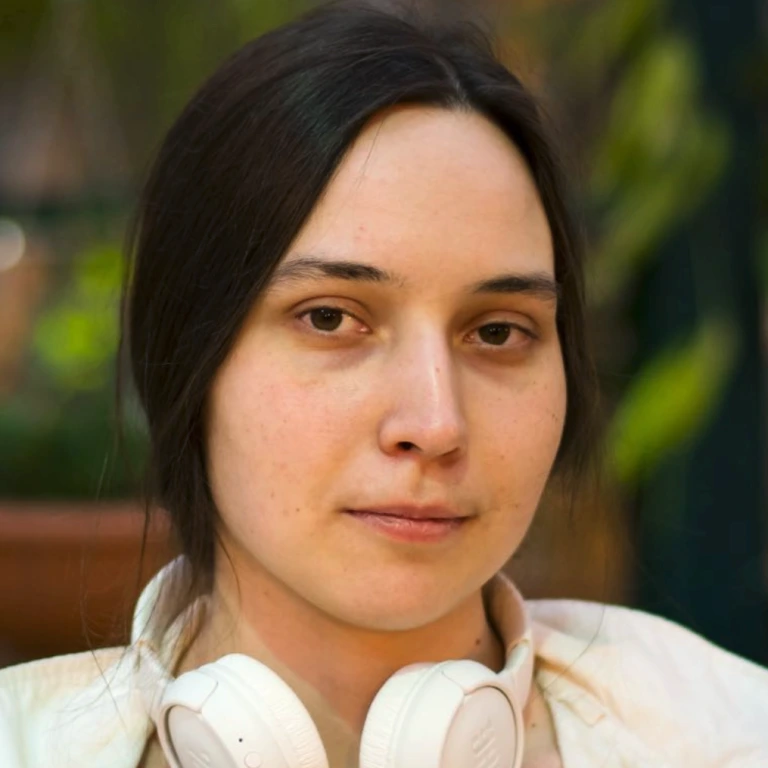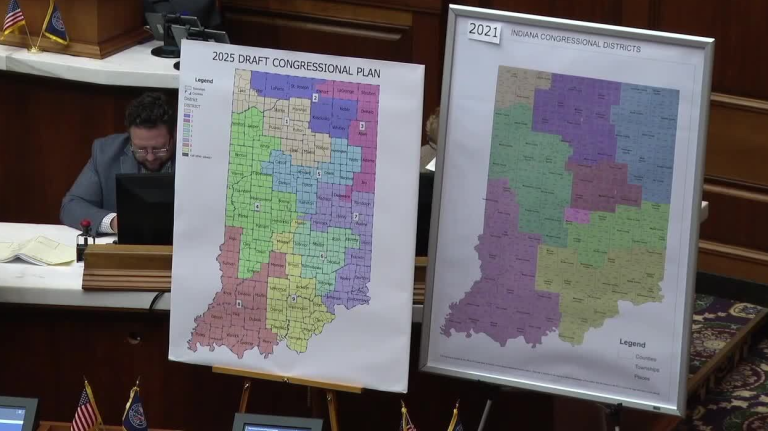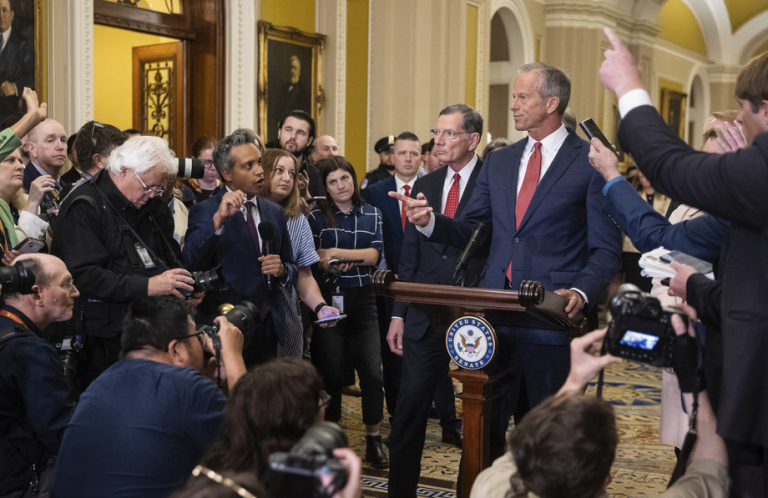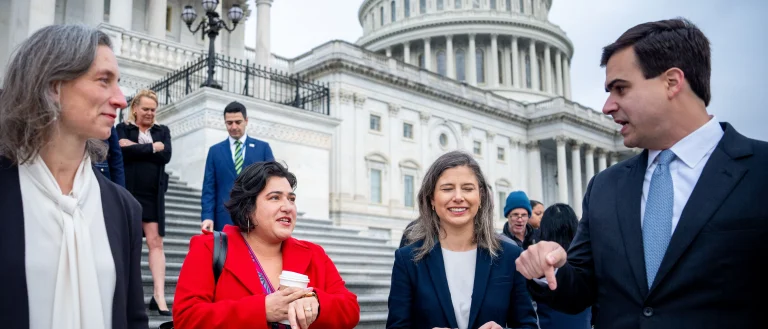
A high-profile immigration case is raising questions about how America’s immigration policies impact scientific research and academic talent. Russian-born Harvard scientist Kseniia Petrova is currently being held in a U.S. detention center and faces possible deportation.

Who Is Kseniia Petrova?
Kseniia Petrova, a 30-year-old researcher, worked at Harvard Medical School’s Kirschner Lab. She played a key role in developing software to analyze images from a new high-powered microscope. The technology could lead to major advances in cancer detection and longevity research.
Petrova’s arrest has drawn national attention, with many asking whether strict immigration enforcement is harming U.S. innovation.
Why Was Petrova Detained?
Petrova was taken into custody by Immigration and Customs Enforcement (ICE) at Boston Logan International Airport in February. She has been held since then at the Richwood Correctional Center in Monroe, Louisiana.
According to the Department of Homeland Security, Petrova violated U.S. law by smuggling undeclared scientific materials into the country. Authorities say her luggage contained Petri dishes, unknown substances, and vials of embryonic frog cells — none of which were declared at the border.
Investigators also allege she lied to border officers and had messages on her phone suggesting she planned to conceal the items.
Here is how NBC News told the story in “their way”:
READ HERE
Claims of Political Persecution
Petrova is fighting deportation, claiming she may face persecution in Russia due to her protests against the Ukraine war. Her legal team is requesting asylum based on these fears.
In an interview from detention, Petrova described the system as relentless. “It’s like being stuck in a machine that doesn’t care about your story or your status,” she told NBC News.
Impact on U.S. Research and Universities
Petrova’s case has sparked concern among scientists and university officials. Experts say losing highly specialized researchers like her could harm America’s global leadership in science and medicine.
Recruiting international talent has long been critical for U.S. universities. Petrova’s detention could discourage others from coming to the country to study or work.
What Happens Next?
Petrova’s first immigration court hearing took place in Louisiana this week. Her attorney, Gregory Romanovsky, says more details about her asylum case are expected soon.
As the case unfolds, it has become a flashpoint in the national debate on immigration enforcement, scientific freedom, and academic collaboration.
The Bigger Picture
The story comes as the Trump administration continues its strict stance on immigration. Supporters argue that the law must be enforced, while critics say the approach risks driving away valuable talent.
With the U.S. fertility rate falling and the need for innovation growing, cases like Petrova’s highlight the complex relationship between immigration policy and national progress.
The individual was lawfully detained after lying to federal officers about carrying substances into the country.
— Homeland Security (@DHSgov) April 22, 2025
A subsequent K9 inspection uncovered undeclared petri dishes, containers of unknown substances, and loose vials of embryonic frog cells, all without proper permits.… https://t.co/T0bFUZUs01


